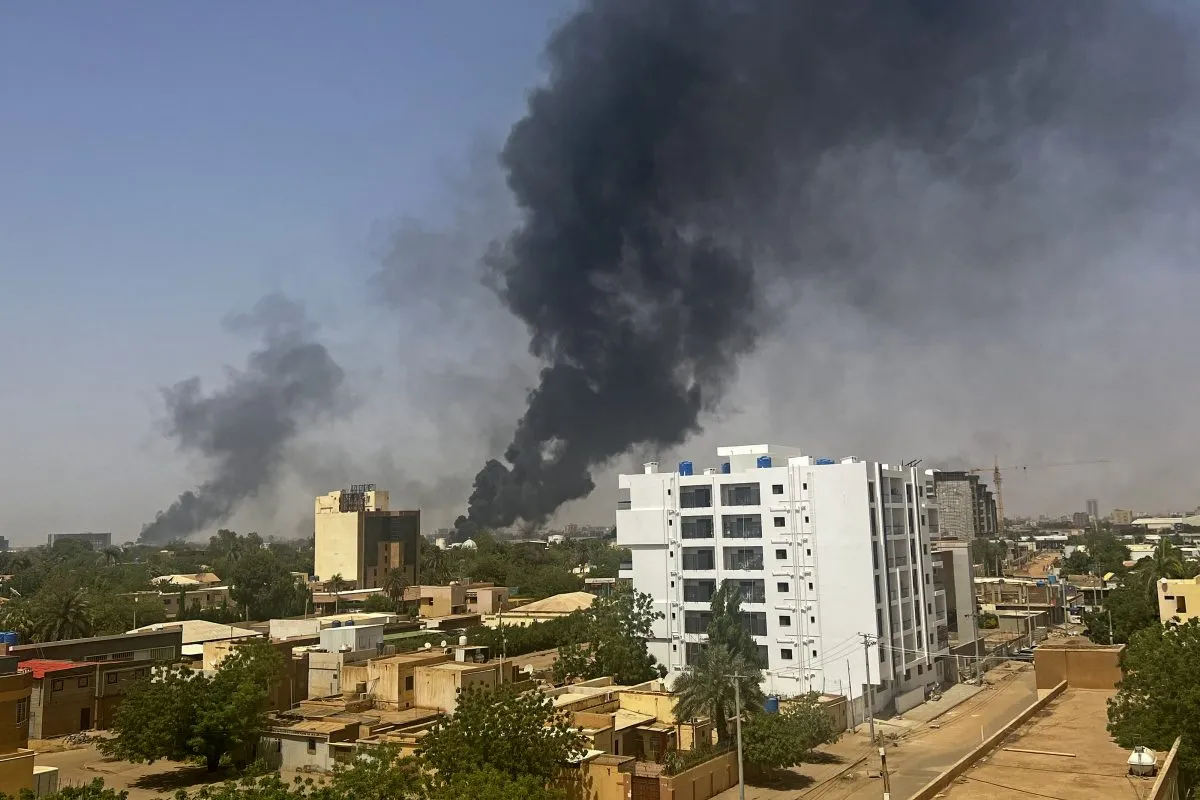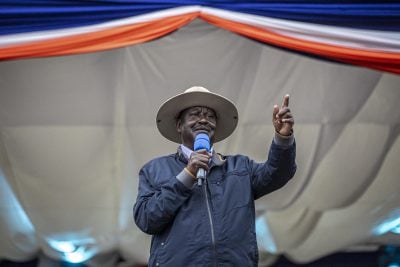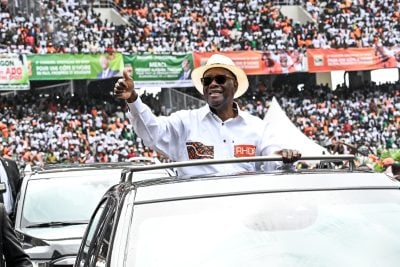The US and UK launched an evacuation effort of their citizens and diplomats from Sudan on Sunday as violence between the Sudanese army and the country’s main paramilitary group escalated.
Saudi Arabia and France have also extracted their citizens, and staged operations to help evacuate other foreign nationals as well.
The World Health Organization said on Friday that 413 people had been killed and 3,551 injured in the fighting so far.
At the heart of the deadly clashes is the rivalry between Sudan’s military leader Abdel Fattah al-Burhan and the commander of the paramilitary Rapid Support Forces (RSF), Mohamed Hamdan Dagalo, over the issue of how to merge the 100,000 strong RSF with the national army.
Last week, violent clashes continued to rage hours after an internationally brokered ceasefire was due to take effect.
The ceasefire was announced after pressure by US secretary of state Antony Blinken, who held separate talks with al-Burhan and Dagalo following the uptick in violence.
The RSF and the Sudanese government were involved in protracted negotiations to try to finalise a deal to return the country civilian rule after two military coups in recent years come to an agreement over the future role of the RSF.
But questions over the timeline for the implementation of the agreement, and whether Dagalo will be subordinate to Burhan, have derailed the talks.

Since hostilities erupted there have been conflicting claims over who controls Khartoum’s strategic sites, including command centres, air bases, the presidential palace and the state TV headquarters. Last week the army insisted that it had regained control of state TV, which was broadcasting pro-army songs.
As the crack of anti-aircraft weapons and roar of warplanes turn heavily populated residential areas into battlefields, the International Committee of the Red Cross (ICRC) has warned of the risk to civilian life and critical infrastructure. Estimates have put the number of injured at over 1,100.
Egypt and South Sudan have offered to mediate talks, while the Arab League and African Union held emergency sessions on the fighting last week.
After a meeting of its Peace and Security Council on Sunday afternoon, the African Union Commission confirmed that chairman Moussa Faki Mahamat, will travel “immediately” to Sudan “to engage the parties towards a ceasefire”. In a statement the AU expressed “deep concern” and called on the rival forces to “protect civilians”.
The spoils of war
Sudan’s army controls large swathes of northern and eastern Sudan, while the RSF dominates the western Darfur region, threatening a civil war that would divide the country into military fiefdoms, says Ben Hunter, East Africa Analyst at risk intelligence company Verisk Maplecroft.
“A prolonged civil war is now the most likely outcome. Both sides have publicly stated their intention to control all of Sudan and neither appear willing to back down.”
At stake is control of Sudan’s kleptocratic economy and vast mineral wealth, says Hunter.
The army and security services dominate key domestic industries, wielding control over 250 companies in vital areas such as gold, rubber, meat exports, flour and sesame. Meanwhile, the RSF is funded by a sprawling network of gold mines in Darfur.
“Both sides are seeking to capture these rival economic interests and this has fuelled the confrontation,” says Hunter.
Official and non-official estimates place the Sudanese armed forces at around 210-220,000, with the advantage of armoured vehicles and air power.
Economy in tatters
The unrest promises to send record inflation even higher as crucial food imports – and oil exports from South Sudan – are blocked by the fighting.
The last coup in October 2021 left the economy in tatters, while disruptions to crude refining operations in Khartoum, where much of the fighting is concentrated, will bleed finances in both Sudan and South Sudan even further.
Want to continue reading? Subscribe today.
You've read all your free articles for this month! Subscribe now to enjoy full access to our content.
Digital Monthly
£8.00 / month
Receive full unlimited access to our articles, opinions, podcasts and more.
Digital Yearly
£70.00 / year
Our best value offer - save £26 and gain access to all of our digital content for an entire year!

 Sign in with Google
Sign in with Google 



